
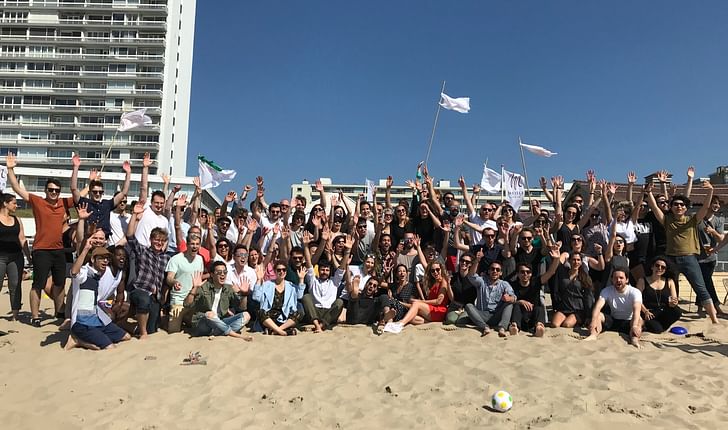
Founded in 1988 by Ben van Berkel and Caroline Bos, United Network Studio continuously strives to embody their name in their interdisciplinary, knowledge-sharing creative process. Now with over 200 employees in four international offices and designing in over 30 countries, the UNStudio team is always growing.
When it's time to hire, what qualities does the firm seek in their most promising job candidates? In Archinect's latest “How To Get A Job At ____”, we got in touch with UNStudio's Harlen Miller, an Architect/Associate who works closely with the firm's Human Resources team in recruiting new hires. Miller took a moment with us to share job application advice as well as a glimpse into office life at UNStudio's Amsterdam location.
What positions are the highest in demand at your firm?
The individuals we strive to work and collaborate with obviously have a strong foundation of hard and soft skill sets related to architecture, but we try to look deeper at the candidates' personal inspirations, hobbies and ‘passion projects’ that will enhance their daily architectural role. Experience with writing, film, coding, music, product design, fashion, or any other creative industry is appreciated and should be showcased. These unique passions and associated skill sets are generally traits someone has to bring with them when they join UNStudio and are more challenging for us to cultivate. Training new employees with hard skills related to technology proficiency is something UNS has become exceedingly efficient in over the years and shouldn’t be as big of a concern for applicants.
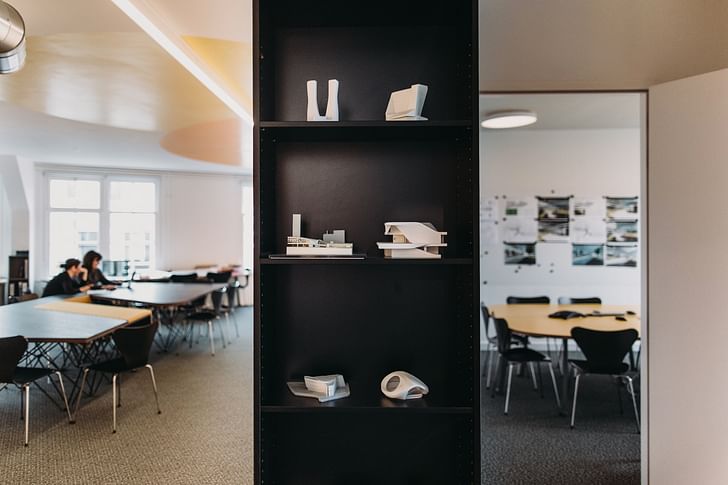
When meeting with a candidate, what is the best way that they can make a positive first impression during the interview?
Words of advice: slow down, relax and show us who you are. The interview process is merely a candid conversation in order for us to get to know the candidate and inquire about their architectural experience. Almost every project designed within an architecture office or at a university is a collaborative effort, therefore, a candidate should distinguish themselves by clearly explaining the direct contributions or role they’ve played on each project presented in their portfolio. For example, a candidate might be asked to describe a typical work week in detail from day to day and the tasks they perform.
What is the most common mistake that candidates make when applying to your firm?
The most common mistake we see is candidates not expressing their personality, either through the visual work or through conversation. It’s very easy these days for personal style to get lost in an office. Embracing hobbies and ‘passion projects’ is essential.
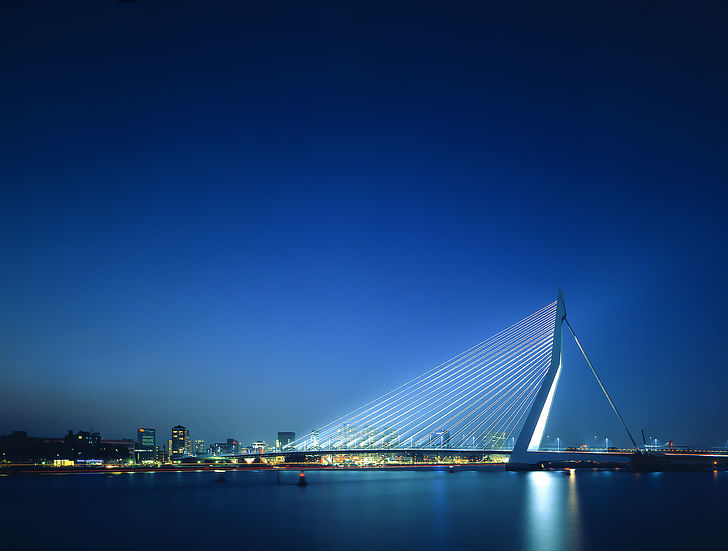
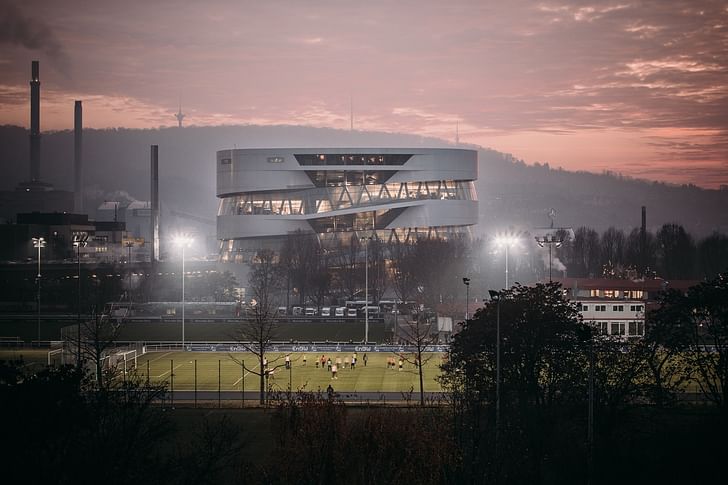
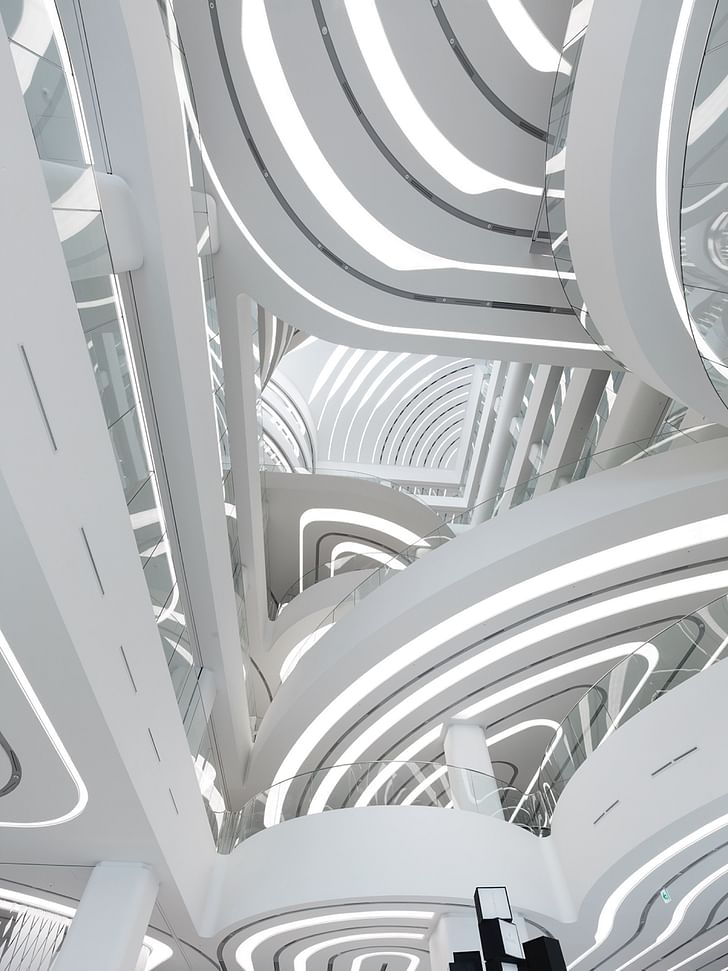
As a firm with a multi-disciplinary approach, how important is an applicant's educational background?
Educational background has its merits in terms of establishing the fundamentals of relevant theory, research and a culture of autodidactic learning within the candidate, but it isn’t the top priority when we do preliminary screening. Because we are still a visual profession, a clean, precise and well-articulated CV, cover letter and portfolio say a great deal about someone’s character and attention to detail.
A clean, precise and well-articulated CV, cover letter and portfolio say a great deal about someone’s character and attention to detail.
What makes a strong work portfolio?
Process work. Many designers become infatuated with providing perfectly polished renderings, drawings and diagrams, yet simply showing screen grabs of a 3D modeling process provides much more insight into a candidates work ethic. A cleanly structured 3D model illustrating properly structured layers with colors, water tight construction surfaces, perfectly joined edges, and guide-lines linking other plugins like Grasshopper and Dynamo, are an invaluable window into a designers workflow. Process documentation is paramount.
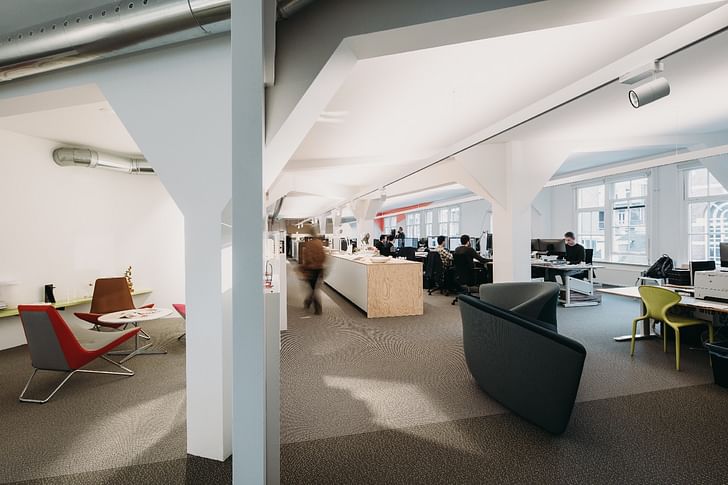
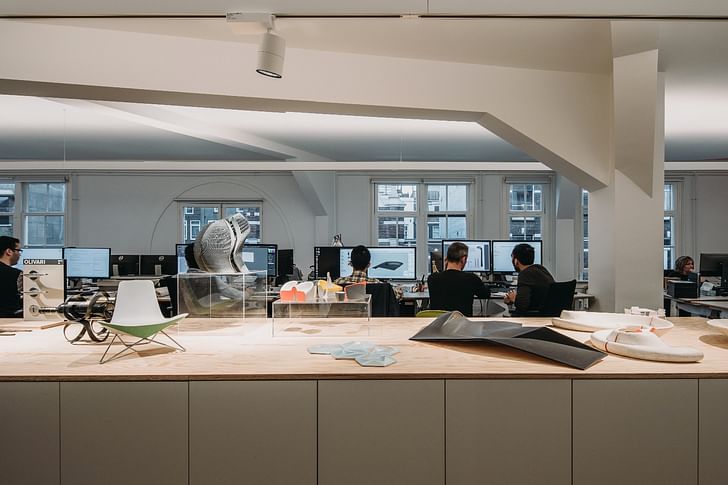
What kind of training do new hires receive during their first day on the job?
UNStudio has adopted the philosophy that the workplace should be an extension of one’s education. Although most employees have graduated from their respective universities or have arrived from renowned offices, the desire to evolve professionally and acquire new skill sets still remains. The transfer of knowledge cannot be communicated through a singular source or method, so a multifaceted approach to knowledge sharing is taken upon a candidate’s arrival to the office. The candidate is immediately introduced to:
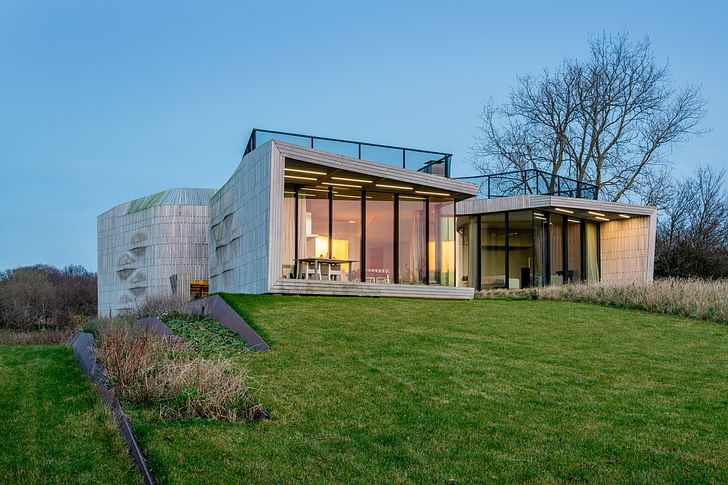
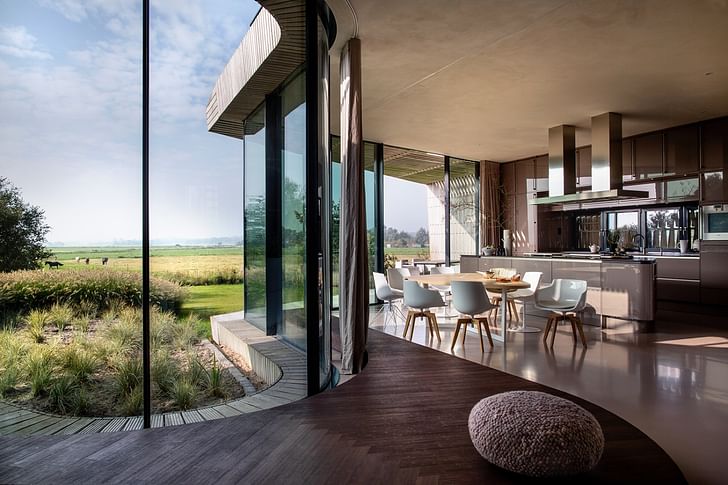
UNStudio recently launched their “arch tech company” UNSense, which “explores and develops new sensor-based technologies that are specifically designed to positively impact people’s physical, mental and social health”. What were the reasons that led to the creation of UNSense? And what are some of the projects that UNSense is currently working on?
The profession of architecture encompasses many rich sub-topics. As many already know, our UNS Knowledge Platforms focus on topics related to computation, materials research, sustainability, etc., but sometimes these topics become so specialized they demand their own level of expertise, management or even business model. In traditional architectural practice there are no resources to develop, test or prototype new technologies. UNSense uses a new business model that is quite different from the architecture business model. It also requires very different expertise, so the services offered by UNSense are very different to the design services offered by UNStudio. UNSense specializes in embedding sensor based technology into the built environment and subsequently sifting and analyzing the collected data to formulate a curated experience. This level of expertise is extremely valuable to any of our architectural projects and is currently utilized throughout UNStudio’s running portfolio.
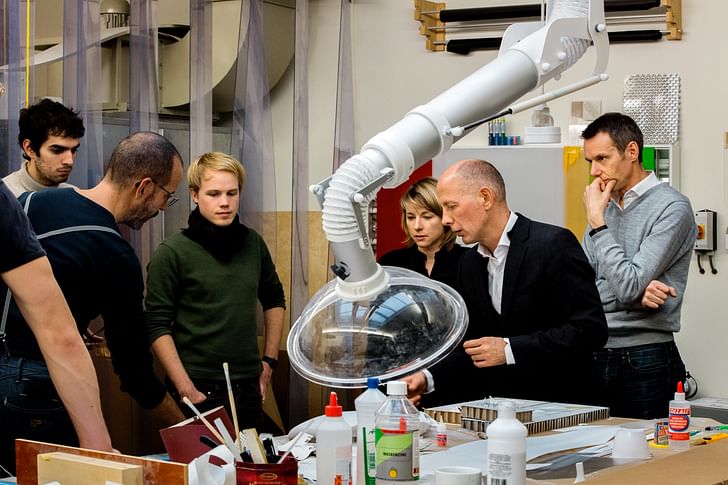
Do you have an internship program? If so, briefly describe.
Our internship program introduces young architectural designers to the profession with the goal of providing them with an honest and open dialogue with senior professionals and a real world experience on real projects. Upon arriving at UNS, our interns are integrated into our Knowledge Platforms for a period of 3 weeks before being placed on a running project. Having a direct connection to one of our knowledge platforms illustrates to them the value of having such a resource at your fingertips when a project is running.
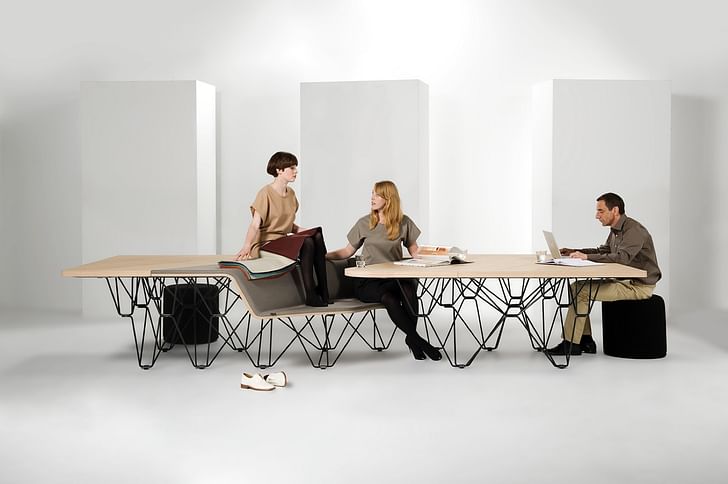
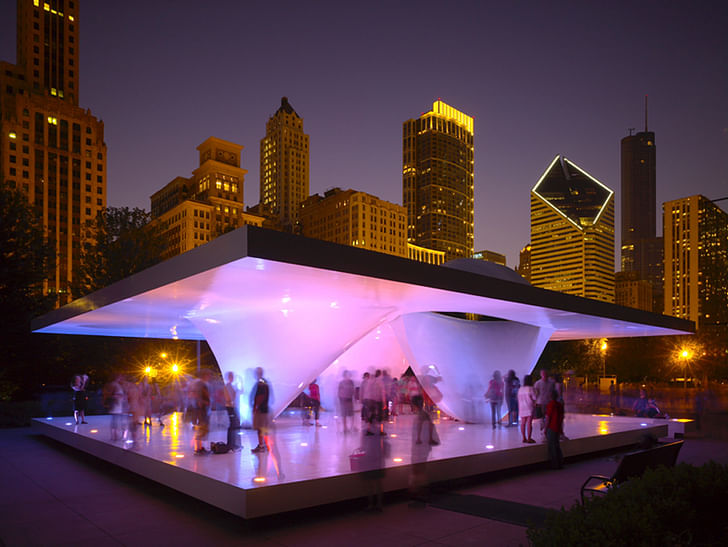
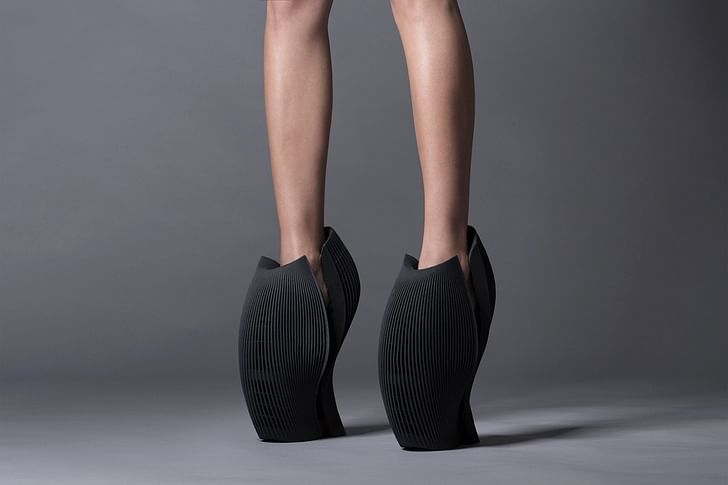
How do you encourage a work-life balance for your employees? Does UNStudio have any fun, longtime traditions?
UNStudio receives a tremendous amount of help in this department from the city we live in: Amsterdam. Every employee starts their day with a short bicycle commute to the office, which also allows groups of friends to casually explore the city together via bike every Friday night. We host annual beach events with barbecuing and sports in the summer, and banquette dinners and dancing in the winter. There’s always a Wednesday guest lecture on various industry topics to hold you over until Friday, when we have a weekly happy hour in the sun or at a warm pub. We have numerous sports teams for cycling, running and football as well as a band, and each project team has dinner with one another at the close of every project phase or deadline.
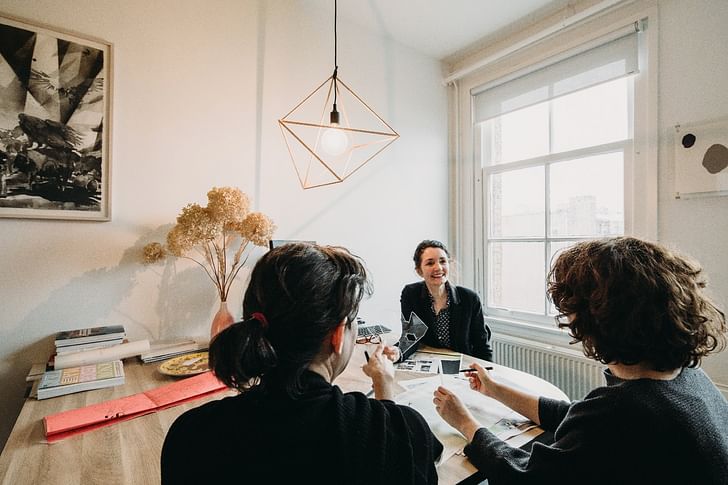
How does UNStudio promote diversity and inclusivity in its work culture?
UNStudio currently has approximately 250 employees. As we embrace individuality and unique backgrounds and stories, this is automatically reflected in the workforce which is currently 60% male/40% female, with over 30 nationalities and employees from different age groups. Everyone brings something special to the table and we pride ourselves in the fact that this is encouraged throughout the company.
At UNStudio we firmly believe in maintaining a culture where individual talent is recognized and rewarded, regardless of gender, race or ethnicity. Whilst we strive to maintain and promote a culture of equal opportunity, we are however very aware that issues of gender inequality remain a concern. As a staunch supporter of gender equality, through his teaching, the promotion of women within the studio and the putting in place of policies to facilitate this, Ben van Berkel is determined that female employees receive equal opportunities to climb the career ladder at UNStudio. Caroline Bos also initiated what we refer to as ‘Women’s Breakfasts’: quarterly get-togethers with invited speakers where related topics can be discussed and concerns shared. On the whole, the goal of these discussions is to understand the intricacies and effects of discriminatory thinking and to make sure that we - as a practice and as an employer - are fully aware of any concerns our employees may have regarding these issues. This, we hope, will assist us to tackle gender-related concerns head on and make improvements where necessary.
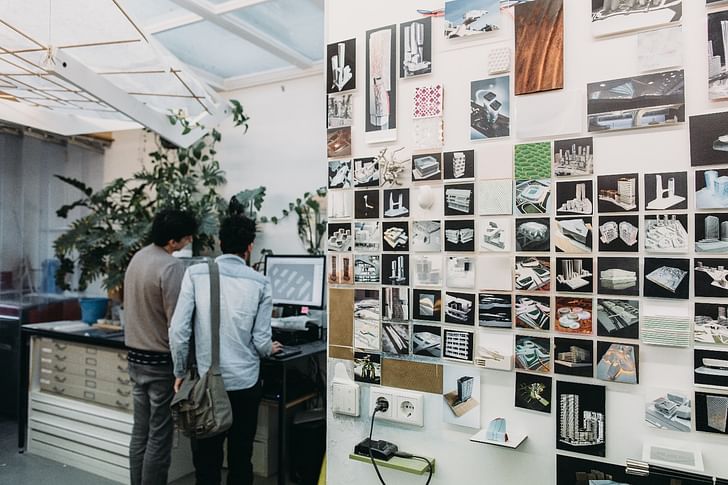
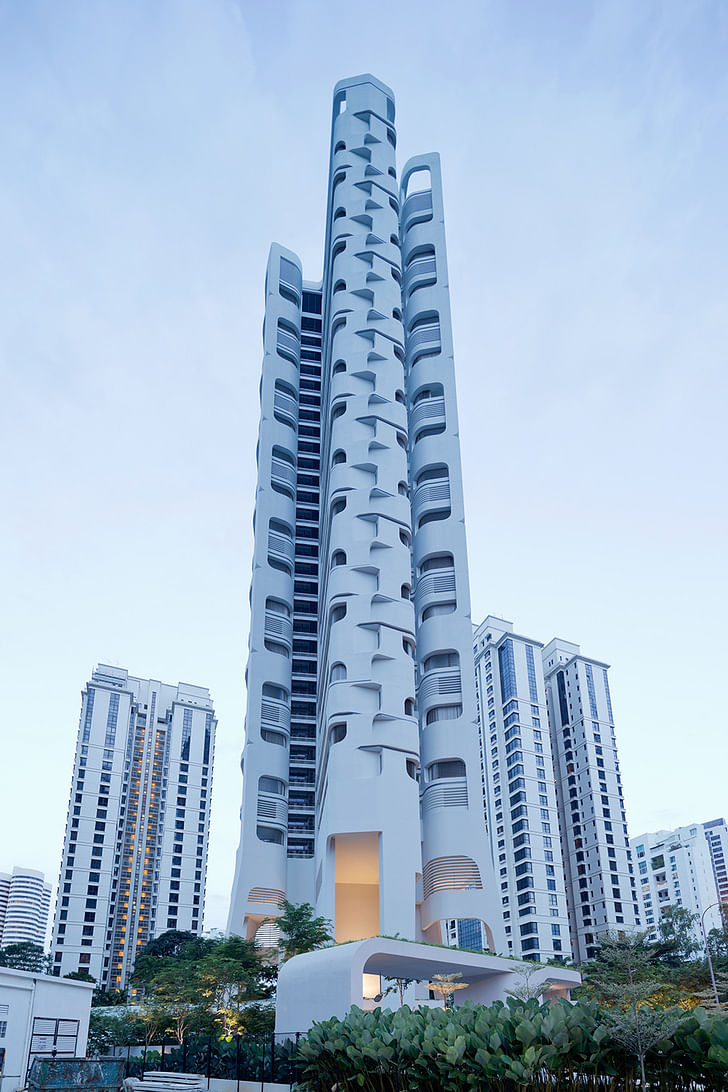
Based on your own observations, how has UNStudio's design process and work culture evolved since its founding 30 years ago? What aspects of your practice do you want to improve?
When it was first founded, UNStudio’s office was in Ben and Caroline’s home, so a great deal has changed since then! We are now operating from four international offices across two continents, and designing in over 30 countries. Such growth of course brings with it some steep learning curves, but over the years we have established a great international team of highly skilled designers and technicians and we continue to grow. The design teams are assisted by support staff, such as the financial, human resources and communications teams. The recent additions of the Knowledge and the Futures teams have also proved to be an invaluable resource for our designers.
Work processes and work culture of course also changed with the growth of the office. We now operate in specialist teams - or units - covering all scales, from Urban Design to Product Design. In such a dynamic environment, a new designer in the office can find themselves working on rationalizing the façade of a 300m tower on Monday, working on a cable car or Ferris wheel by Friday and experimenting with 3D printed fashion the following week.
In terms of improvement, we are determined to increase knowledge sharing even more in the near future; to encourage research and continued learning. We have recently initiated a study into how we could best achieve this across all our offices.
Interested in joining UNStudio? Check out their Archinect profile to see if they have any current listings. To see more active listings from hundreds of firms, visit Archinect Jobs.
No Comments
Block this user
Are you sure you want to block this user and hide all related comments throughout the site?
Archinect
This is your first comment on Archinect. Your comment will be visible once approved.